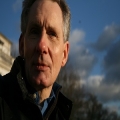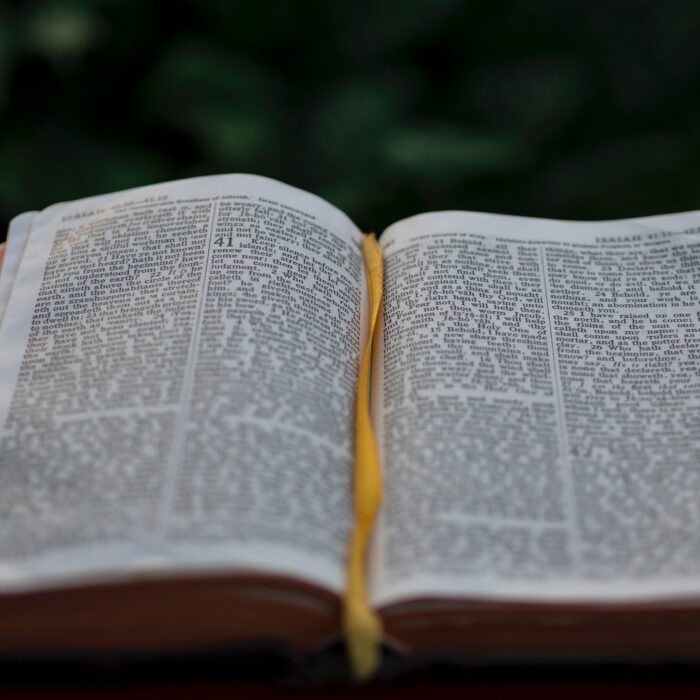You have no items in your cart. Want to get some nice things?
Go shopping
The attack on Aristotle’s theory of the quintessence is merely a preliminary to demolishing his conclusion: that the universe was eternal because that fifth element, ether, has a circular motion;





